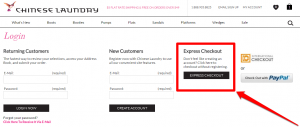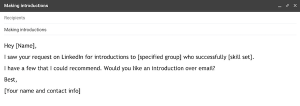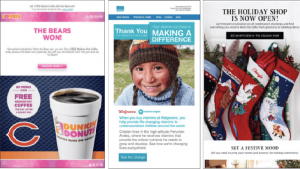 It’s nice to hear “You’re the best” from a friend or loved one.
It’s nice to hear “You’re the best” from a friend or loved one.
But when you’re considering doing business with a company, you don’t want to hear them say “We’re the best.”
Sure, some companies tell you what they’re the best at doing. We have the fastest network, voted the safest car, etc. But simply saying “We’re the best [your industry] company in [your region]” isn’t enough. Your potential customers need to know how what you make or what you do can help them.
This brings us to the concept of the value proposition, or the reasons people should take notice of you and buy your product or service.
Too many companies talk about the features of their products and services when customers really want to know how they will benefit.
Be specific. Let’s say you sell protective cases for mobile phones. If your website made the claim that you had “the largest store online” it would sound like vague marketing talk. But when you say something like “We offer over 10,000 varieties of cases,” it makes more of an impact.
You can also let current, satisfied customers speak for you. Testimonials from customers – or experts in your field—can go a long way toward building trust.
And to show potential customers the benefits of patronizing your business, you first need to understand their needs and pain points. You need to know who your customers are, and you find that out by doing persona research.
The Basics Of Persona Research
Start by interviewing some existing clients. Here are some of the questions to ask:
- What is your role at your company? What is your job title?
- What does your company do or make?
- Who do you report to? Does anyone report to you?
- How do supervisors gauge your performance?
- Walk us through a typical day at work.
- Tell us some of the skills or tools you need for your job?
- What are you responsible for, and what does it mean to be successful in your role?
- What are some of your biggest challenges?
- What are some of the blogs or other publications you read to get information about your industry?
- What associations are you a member of? What social networks do you use?
- Describe your career path. How did you get to where you are today?
- Describe your personal background (marital status, family, etc).
- Where did you go to school? What subjects did you study, and where did you study them?
- How do you prefer to interact with vendors (in person, via e-mail, over the phone)?
- Do you use internet research to find out more about vendors or products? If you’ve said yes, how do you search for information?
- Tell us about a recent purchase. How did you decide to buy what you bought?
Be sure to ask follow-up questions that begin with “why,” as in “Why do you read the blogs you read?” The answers they supply will often yield more crucial information than your original question, and will further help you understand their needs and pain points.
When you’ve wrapped up the interviews, take the information you’ve learned and use it to create buyer personas. These are fictional versions of your ideal customers. When you’ve created them, you’ll have a better idea of the type of content you need to create to meet their needs and address their pain points.
Plug in basic information like age, income, education and location. Add their goals and challenges, as well as what they want to gain by working with your company, and why they might be reluctant. You should also craft a quick elevator pitch that would help the persona.
Business & Finance Articles on Business 2 Community(67)









